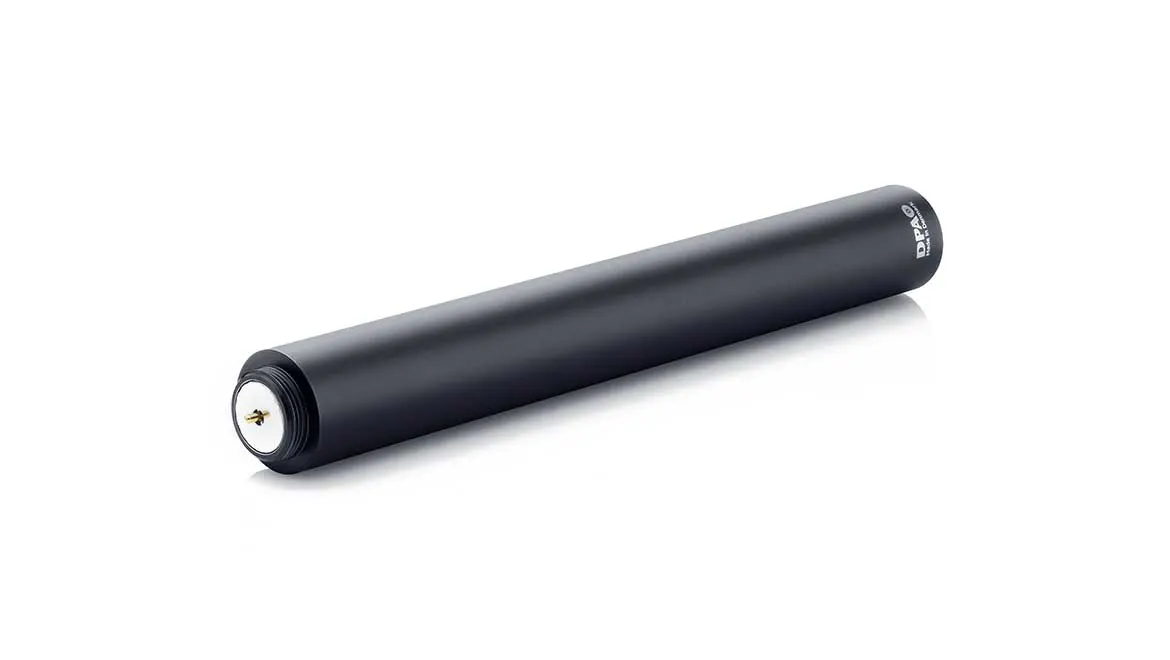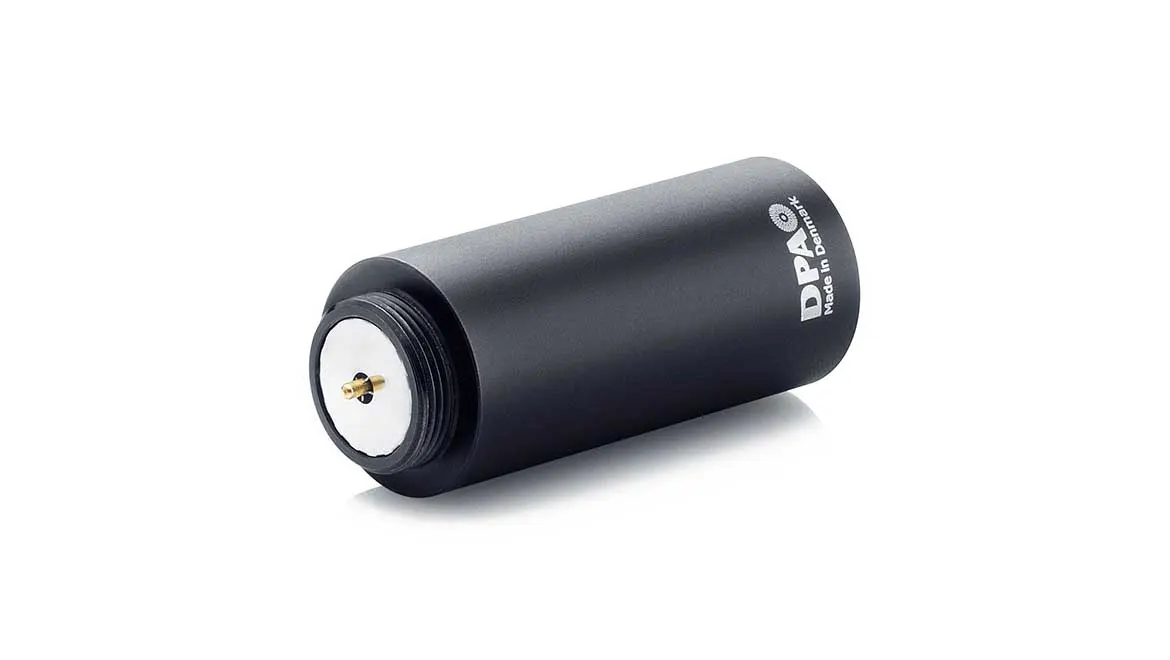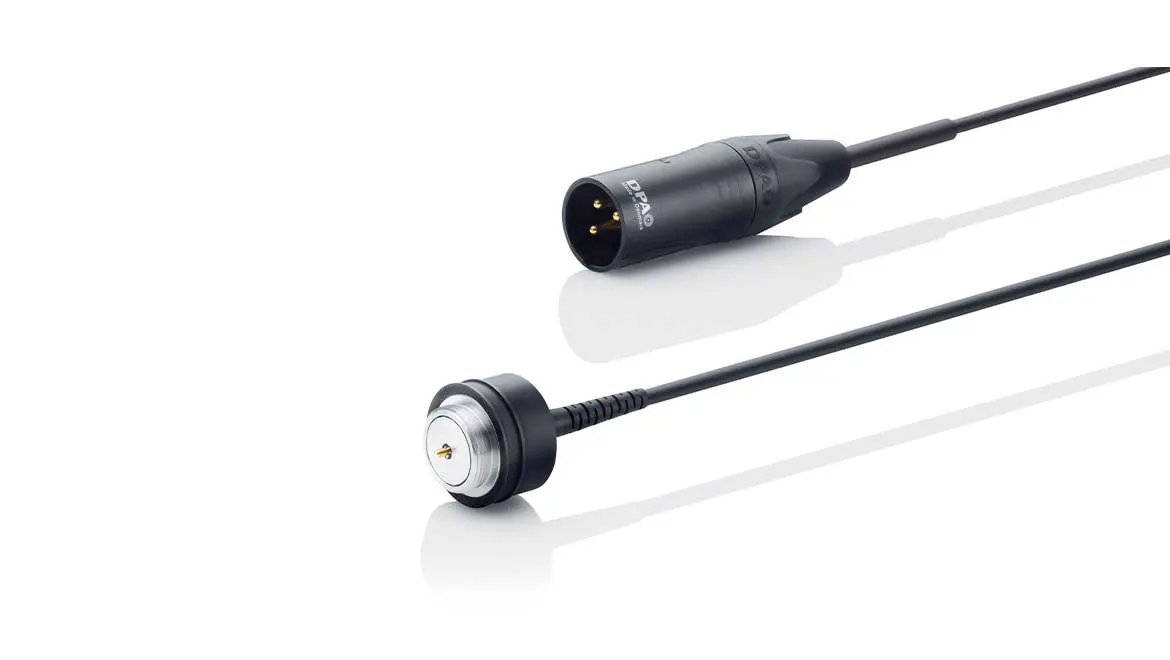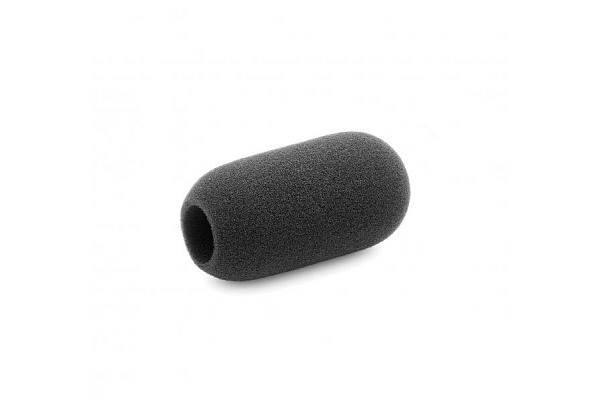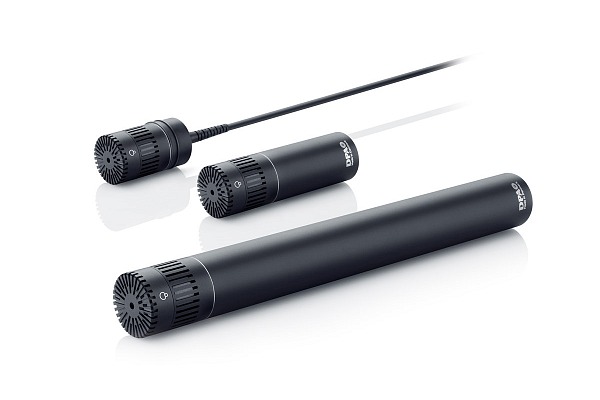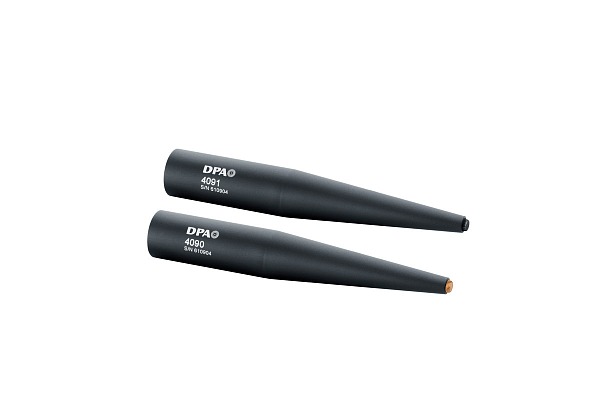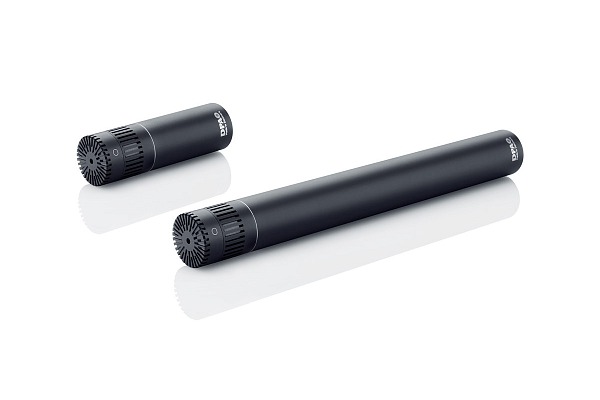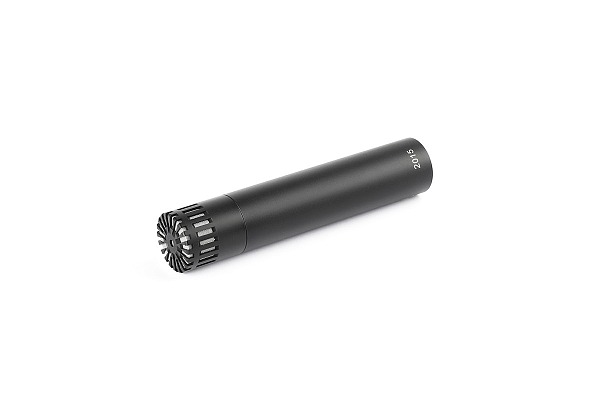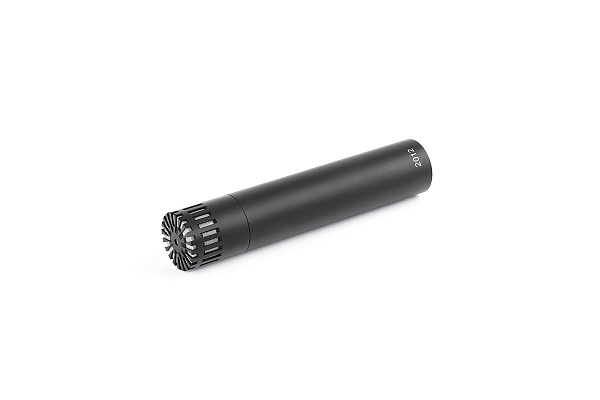DPA Microphones
2011
Twin Diaphragm
Cardioid Microphone
Distinctive, well-balanced sound
The 2011 Twin Diaphragm Cardioid Microphone is a directional microphone. The unique sound of this microphone is well balanced. It bridges the gap between the extremely high sound quality of the pencil microphones and the well-known lavalier microphones from DPA Microphones.
Features
- Combines clarity, fullness and dynamics
- Twin diaphragm capsule technology
- Advanced interference tube technology
- Excellent stage separation and level control
- Modular flexibility
Two opposing miniature capsules are custom-built inside the microphone. They are placed in a double-diaphragm, single-capsule configuration. This combines the advantages of small capsules with a larger diaphragm area, reducing inherent noise. These capsules provide a fast transient response and wide frequency bandwidth. The capsule is loaded into the DPA's top preamplifier to make the sound smoother and more precise.
A few things to know about the cardioid characteristic
Named for its 'heart-shaped' polar pattern, a cardioid (or directional) microphone has the highest sensitivity at the front and the lowest sensitivity at the sides and back. They come in many variations - with wider or narrower angles of sensitivity (supercardioid, hypercardioid, wide cardioid, etc.). Although cardioids also pick up sound coming from the sides, this off-axis sound is usually more or less coloured and attenuated. However, DPA's unique capsule technology avoids colouration of sound coming from the sides or back of the microphone and only reduces sensitivity to these angles, providing a perfect soundstage. The amount of attenuation depends on the exact specifications of the microphone.
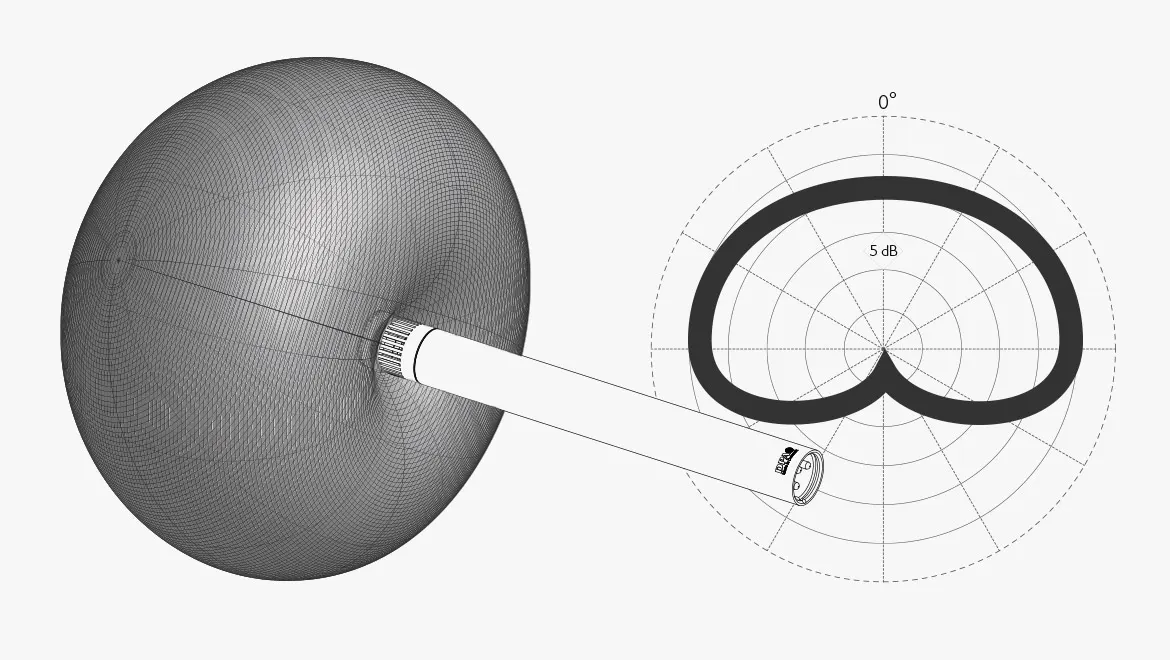
By definition, a cardioid microphone is attenuated by -6 dB at the 90° side input of the microphone, but to many, the word cardioid generally refers to directional microphones, as opposed to omnidirectional microphones, which pick up sound from all directions.
By their very nature, directional microphones are often used on the live stage - both in concerts and in speech - to capture the focused sound of an instrument or voice. The narrow acceptance angle helps keep other sounds from becoming too prominent on a busy stage. With cardioid microphones, be aware of the proximity effect, which increases bass response the closer the microphone is placed to the sound source. Therefore, when evaluating microphone specifications, always consider the distance at which the linear frequency response was measured. Also, cardioid microphones are much more sensitive to wind, pop, and handling noise than omnidirectional microphones, so you should take appropriate precautions.
Combine it with the preamp of your choice
As with all of the modular pencil microphones, you can combine the Cardioid Mic Capsule with any of our preamps.
The MMP-A Microphone Preamp is an ultra-transparent, transformerless preamp with active drive for impedance balancing.
The MMP-C Compact Microphone Preamp is an ultra-compact preamp with active drive for impedance balancing. It has a slightly softer character than the other preamps in the Recording Microphone Series.
Other preamps include the very small form factor types MMP-E Modular Active Cable (XLR output) and MMP-G Modular Active Cable (MicroDot output), allowing for very slim set-ups. The MMP-G even allows you to match a larger microphone directly to a wireless transmitter.
At any time, and with no tools needed, it is possible to transform the 2011 Twin Diaphragm Cardioid Mic into a new configuration. 2011 is widely used as a snare drum microphone but it is easy to use with many other instruments.
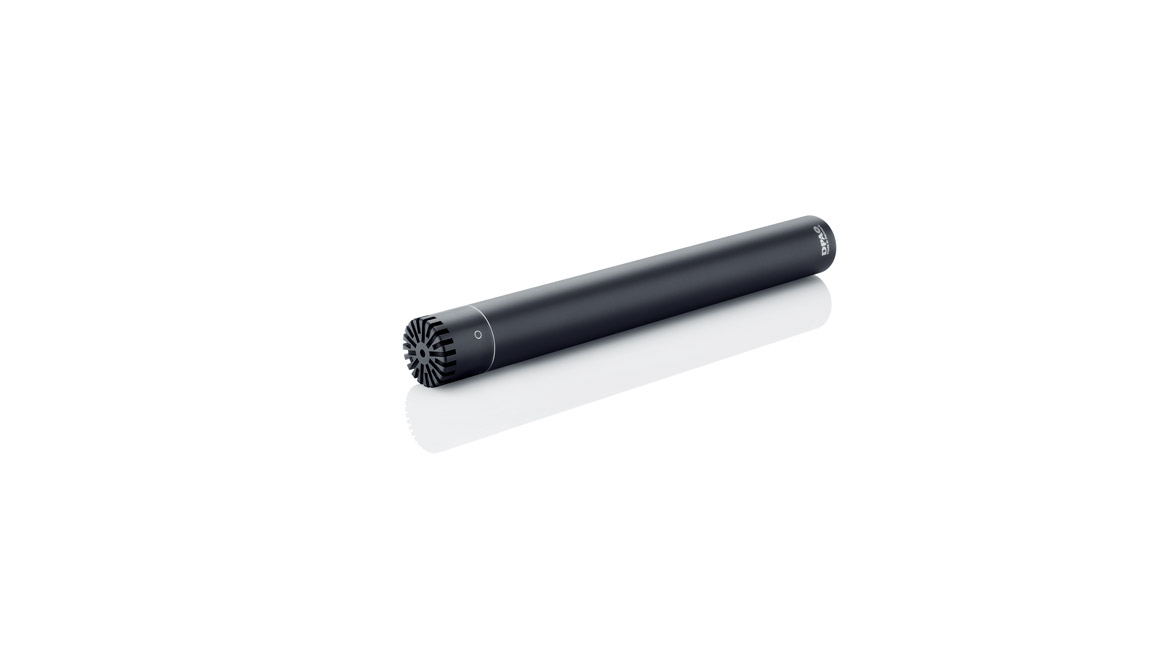
2011A
Twin Diaphragm Cardioid Microphone
The 2011A Twin Diaphragm Cardioid Mic is acclaimed for its close-miking excellence and hi-SPL handling. Optimized for onstage use, it has been used on many stages as well as recording sessions. It exhibits a previously unheard blend of clarity, richness and dynamic range.
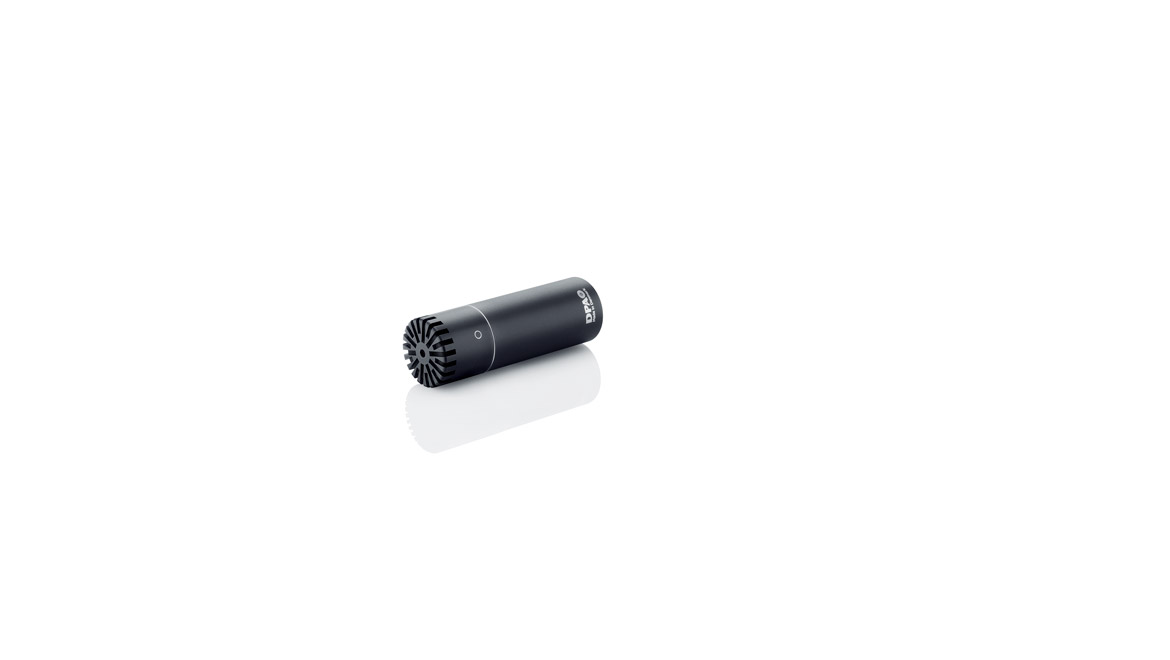
2011C
Compact Twin Diaphragm Cardioid Microphone
The 2011C Compact Twin Diaphragm Cardioid Mic offers a subtle character alteration with a bit more “body” to the low end than the 2011A. It is also much easier to position than other cardioid mics.
2011 Cardioid Stereo Pair
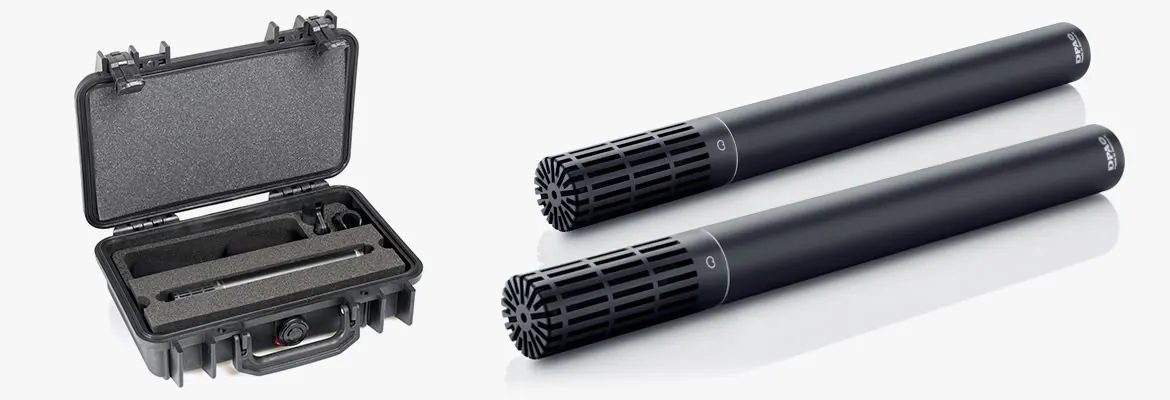
ST2011A Stereo Pair
Cardioid Microphone
Excellent for superior direct mic pickup and handling a high SPL. The foam design inside the heavy-duty transport box allows for quick and easy replacement of the microphone/accessory inlays.
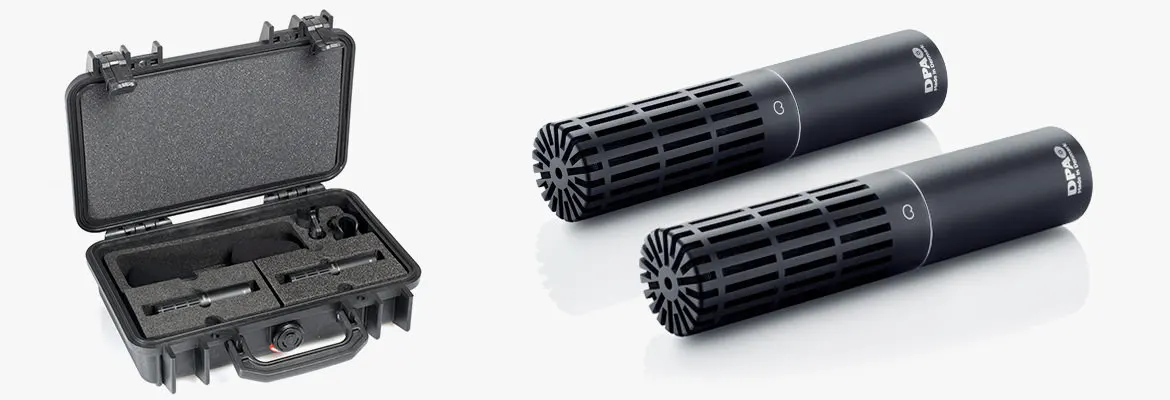
ST2011C Stereo Pair
Compact Cardioid Microphone
Combined with the MMP-C preamplifier, this makes a small, lightweight and inconspicuous stereo pair. The compact design and controlled directionality of these microphones make them an excellent choice for spot microphones for classical recording and on-stage close mics for live sound.




